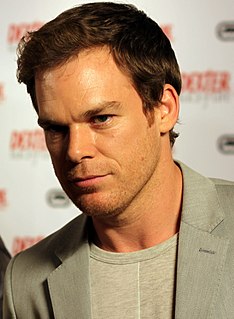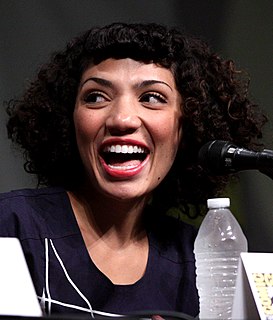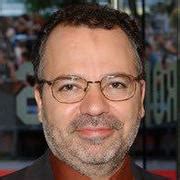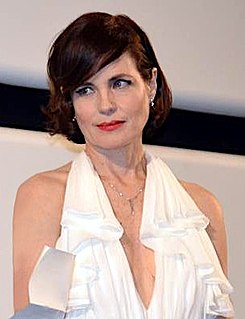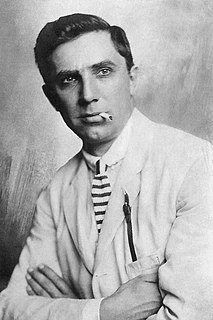A Quote by Michael C. Hall
For me, it was more a dramatic shift to go from the stage to the screen.
Related Quotes
It's not a natural translation, transition, to take something from stage to screen. Onstage your action is communicated through the spoken word primarily, and on screen it's communicated through pictures. So it's always been kind of unnatural to take something that lives on the stage and turn it into moving pictures.
I've gotten a little superstitious about listening to music when I write. Once a story is going somewhere, I keep listening to the same music whenever I work on that story. It seems to help me keep in voice, and alternatively, if I need to make some kind of dramatic shift, I'll go and put on something different to shake myself awake...
